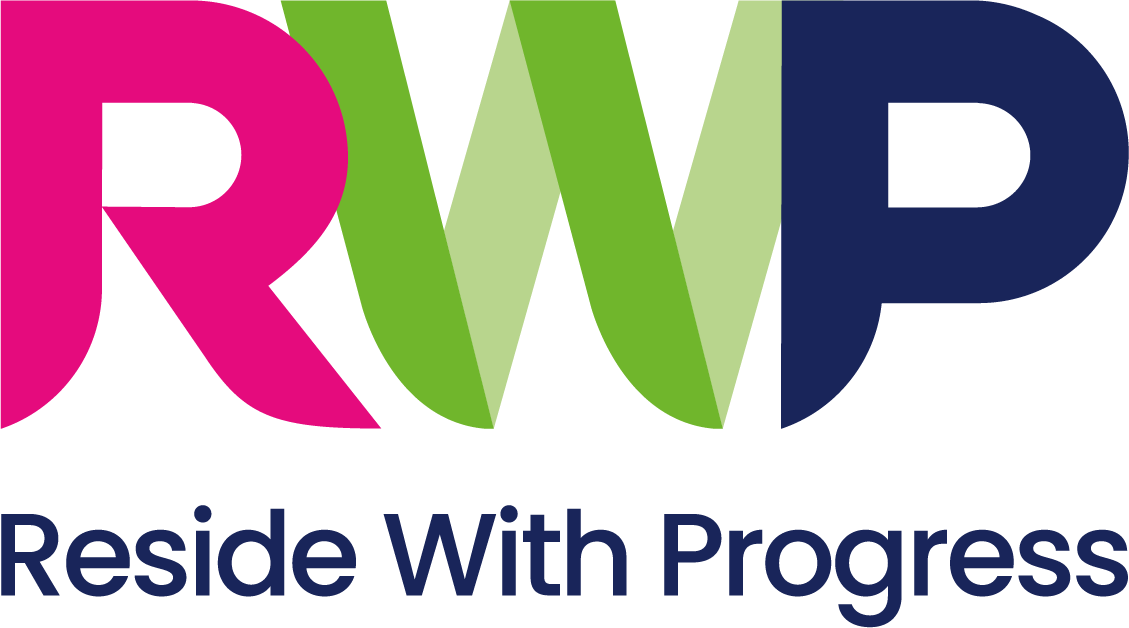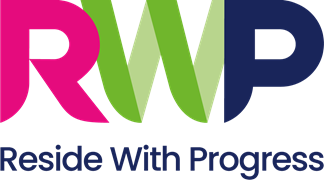
Safeguarding: Staying safe online
Latest news
The internet is a great way to connect with friends, learn new things, and have fun. It is important to make sure that you are safe when you are online.
Staying safe online means we are protecting ourselves against online harm and risks such as personal information getting into the wrong hands and unsafe communications. All of which can have a negative effect on mental health and wellbeing.
Here are some tips on how you can stay safe online:
- Log off public computers - when you are finished using a public computer, such as one in a library, it is important to log off. This means strangers will not be able to access your accounts without your permission.
- Set your social media to private - setting your social media accounts to private means you can approve your followers. Only accept people that you know in real life and that you trust.
- Setting passwords - to set a safe password, use special characters, capital letters and numbers in your password. Never share your password with anyone.
Respectful behaviour online
It is important to remember that you should behave in the same way you would behave in real life. Always be respectful, and do not do or say anything that you would not do in real life. If you are ever worried about your online safety or someone else’s, then speak to someone you trust.
Reporting online abuse
Online abuse involves the sharing of content or messages that are likely to harm the physical or mental health of someone. Content or messages could be received through:
- A post on a social media platform
- A direct message on a social media platform
- A forum
- A website
- An email
It is important to report any online abuse and the steps to take for this are listed below.
Step one: report the harmful content to the social media platform or service where it was received.
Step two: if the social media platform or service do not remove the harmful content and the harassment persists, then you can call the National Bullying Helpline on 0300 323 0169.
If the messages or content you are receiving are serious or you are worried about your safety, then call the police on 101.
Resources for online safety
Below are some useful resources for staying safe online and using social media safely.
Mencap’s guide on Online, email and phone safety: Online, email and phone safety | Mencap
National Cyber’s tips for staying secure online: Top tips for staying secure online - NCSC.GOV.UK
Staying safe online for people with learning disabilities: How to Stay Safe Online - Guidance for Adults and Young People with Learning Disabilities - Digital Safeguarding - Ann Craft Trust
Social media online safety cards: Online Safety Guides – Social Media - Our Safety Centre

